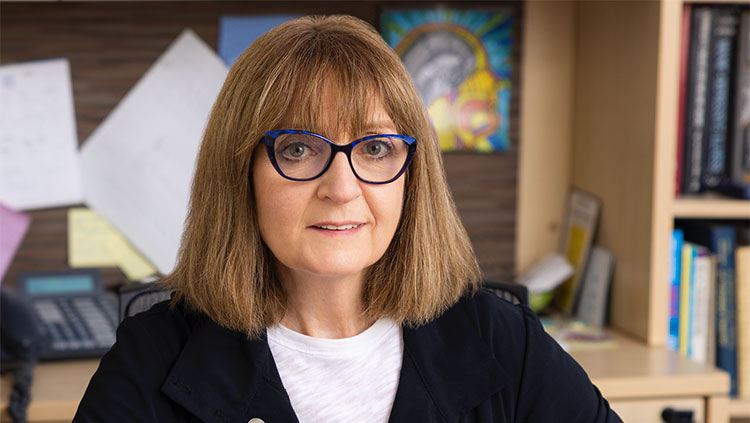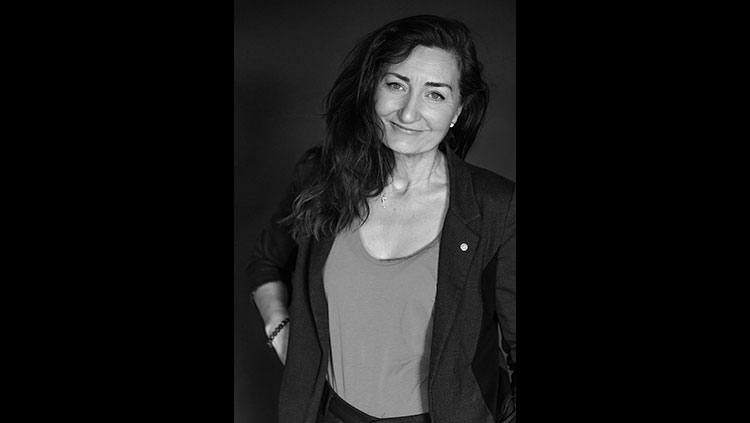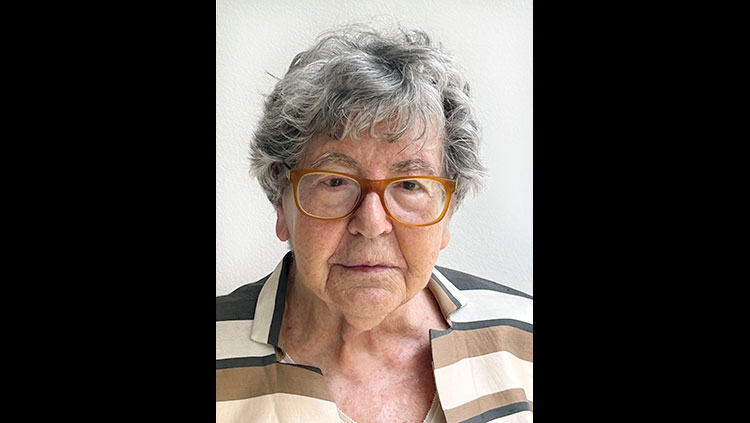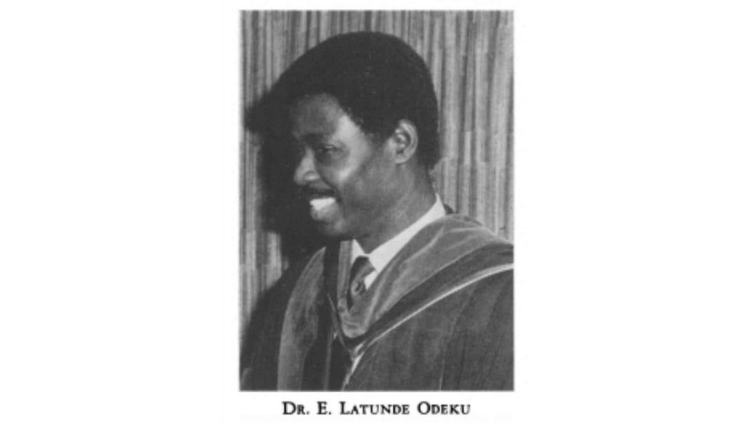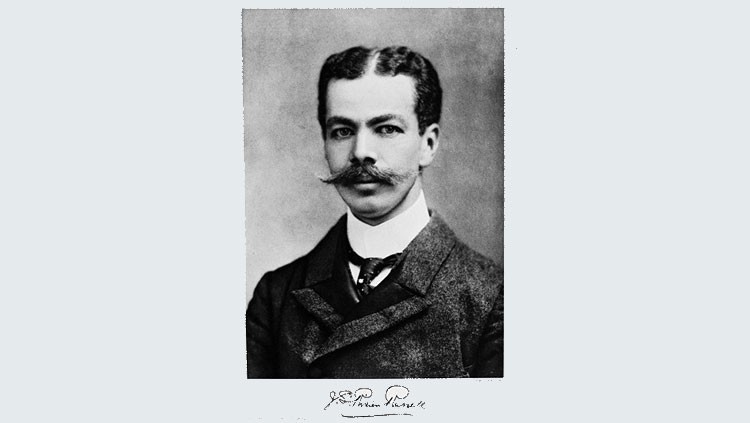Bill Pearce: The Musicians of Neuroscience
- Published7 Feb 2019
- Reviewed7 Feb 2019
- Source BrainFacts/SfN
For most scientists, big conferences provide opportunities to network, discuss new research, and observe trends across the scientific community. For Bill Pearce and his friends, it’s an opportunity to make music. Pearce — by day a professor at Loma Linda University — describes his lifelong love affair with music, his research career, and how they come together to organize his fellow scientist-musicians and put on a show.
CONTENT PROVIDED BY
BrainFacts/SfN
Transcript
Narration: Pearce is a researcher studying the way the circulatory system interacts with the brain. But outside of the lab, his passion is music - a love that started early.
BP: My mother was a professional musician and my father was a professional scientist. I was able to do gunpowder, my father helped me make gunpowder as a kid in first grade, as a science project. It was obviously very supervised, but I thought it was wonderful. At the same time, I had to start playing piano at the age of four. I always loved the piano and I was always in band but I always loved science, so I’d say that the two developed together and they’re very, to me, naturally interrelated.
Narration: Pearce’s research is focused on the developing brain.
BP: A lot of people are studying the adult brain or the development, and one of the really fun-damental aspects of brain development is actually the circulatory system, that’s really a simpler system but it’s really fundamental and it’s also the target of a lot of disease, basically any kind of stroke or ischemia, even traumatic brain injury, even cerebral amyloid angiopathy. I study the vascular system but the vascular system, in particular, in the developing brain.
It’s unique and it’s a little bit different than in the adult brain but that’s my whole lab is devoted to the vascular biology of the developing brain.
Narration: His work even provided his band’s name.
BP: Cornu Ammonis is the Horn of Ammon and it was the name of three different little collec-tions of neurons in the hippocampus that are responsible primarily for memory. Certain aspects of perception but particularly memory and they’re very sensitive to ischemia so when those neurons are lost, people can forget many details about their life, their daily life, etc. There are many cases in the neurobiology of the hippocampus where people had a selective injury to the hippocampus, and it’s produced some very strange behaviors. People can’t remember what they did yesterday, etc. so because if that area degenerates then everything goes to heck, so we de-cided to name ourselves after the region that’s responsible for degeneration.
Narration: Pearce knew that there were plenty of other neuroscientists who were passionate about music, so in 2003, he started organizing socials where researchers could play for each other and put on a show.
BP: Joe and I had been in a meeting and the meeting was going rather slowly and in between the acts, Joe got up on the stage and played the Creedence Clearwater Revival song and every-body really liked that so we decided that maybe we should do music at the next meeting, this is an international conference. To make a long story short, we organized a bunch of instruments, we rented instruments, this was in Calgary and that was in 2003. We got, actually quite a few people came from the banquet to the place where we were rehearsing, we actually then later got invited to be on the program and we realized that there are a lot of people in science that love music.
Then Joe had the brilliant idea of making a music social formal event. He was on the program committee for neuroscience then and the first actual music social was in 2005 in San Diego. We got a really good draw, we were in the middle of the sails pavilion and because it was so loud, everybody could hear it, they decided to stick us off in the remote reaches of the hotels for the meeting.
Narration: Pearce and his colleagues continue to gather scientist/musicians from around the world to hang out, meet new friends, and play for each other every year.
BP: And what we try to do is get as many different varieties of music. We don’t exclude any-one, we’ve had a lot of really wild acts, but we’ve had a lot of fun. And the main thing is that over the years, we’ve built up a big family and it’s actually a lot of friendships have been made because of this.
Also In Meet the Researcher
Trending
Popular articles on BrainFacts.org


